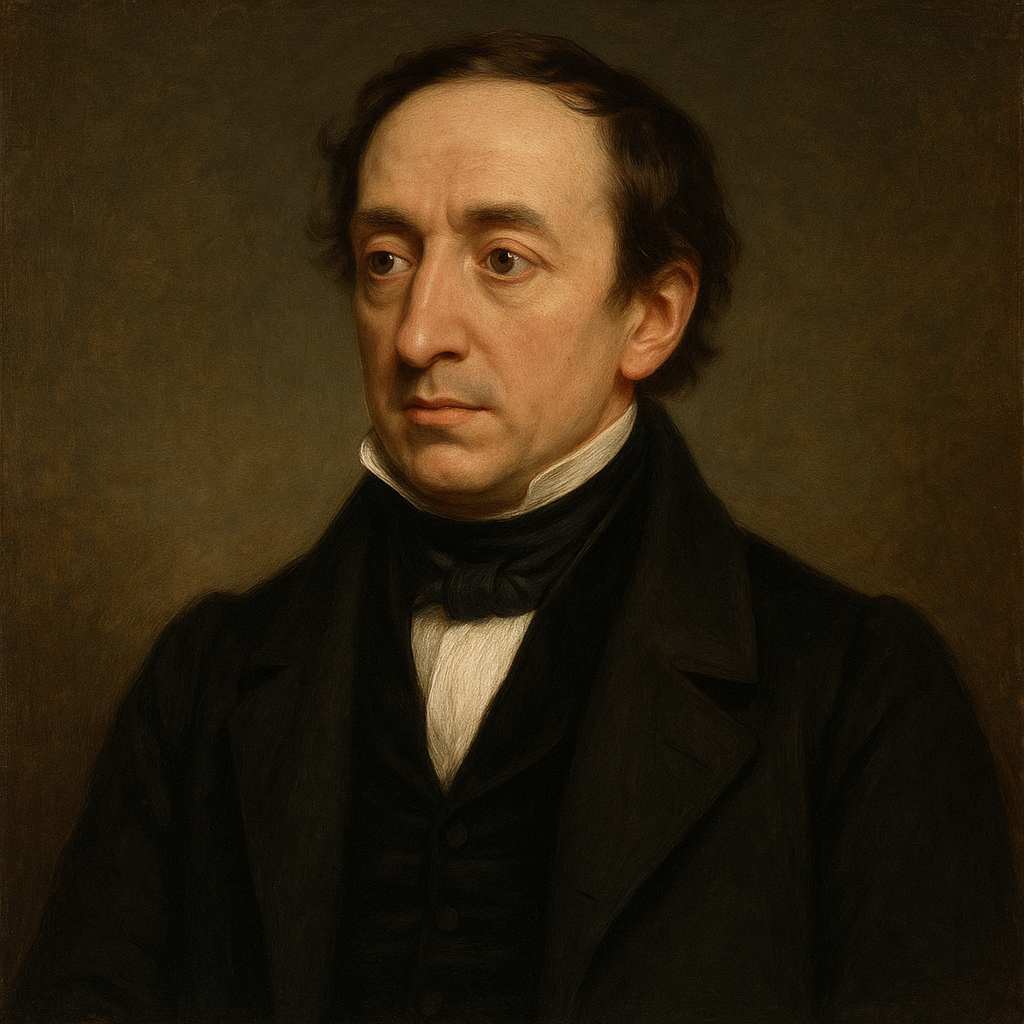Love, Dearest Lady
Thomas Hood
1799 to 1845

Love, dearest Lady, such as I would speak,
Lives not within the humor of the eye;—
Not being but an outward phantasy,
That skims the surface of a tinted cheek,—
Else it would wane with beauty, and grow weak,
As if the rose made summer,—and so lie
Amongst the perishable things that die,
Unlike the love which I would give and seek:
Whose health is of no hue—to feel decay
With cheeks' decay, that have a rosy prime.
Love is its own great loveliness alway,
And takes new lustre from the touch of time;
Its bough owns no December and no May,
But bears its blossom into Winter's clime.
Thomas Hood's Love, Dearest Lady
I am busy working to bring Thomas Hood's "Love, Dearest Lady" to life through some unique musical arrangements and will have a full analysis of the poem here for you later.
In the meantime, I invite you to explore the poem's themes, structure, and meaning. You can also check out the home page for other musical arrangements or learn more about Thomas Hood's life and contributions to literature.
Check back soon to experience how "Love, Dearest Lady" transforms when verse meets melody—a unique journey that makes poetry accessible, engaging, and profoundly moving in new ways.
Want to join the discussion? Reopen or create a unique username to comment. No personal details required!



Comments
No comments yet. Be the first to comment!